Unsettling the Literary West: Authenticity and Authorship
The test of western literature has invariably been Is it real? Is it accurate? Authentic? The result is a standard anything but literary, as Nathaniel Lewis observes in this ambitious work, a wholesale rethinking of the critical terms and contexts-and thus of the very nature-of western writing. Why is western writing virtually missing from the American literary canon but a frequent success in the marketplace? The skewed status of western literature, Lewis contends, can be directly attributed to the strategies of the region's writers, and these strategies depend consistently on the claim of authenticity. A perusal of western American authorship reveals how these writers effectively present themselves as accurate and reliable recorders of real places, histories, and cultures-but not as stylists or inventors. The imaginative qualities of this literature are thus obscured in the name of authentic reproduction. Through a study of a set of western authors and their relationships to literary and cultural history, Lewis offers a reconsideration of the deceptive and often undervalued history of western American literature. With unequivocal admiration for the literature under scrutiny, Lewis exposes the potential for startling new readings once western writing is freed from its insistence on a questionable authenticity. His book sets out a broader system of inquiry that points writers and critics of western literature in the direction of a new and truly sustaining literary tradition.
{{comment.content}}
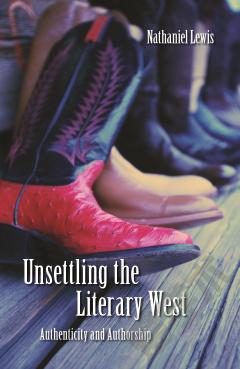

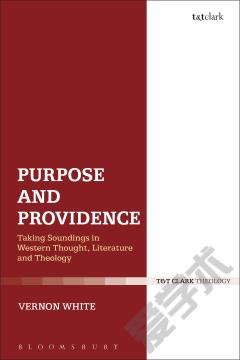

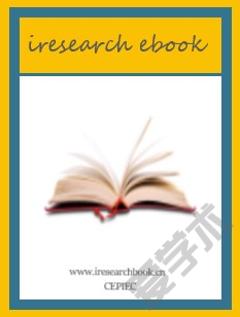
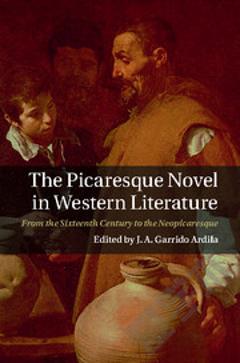
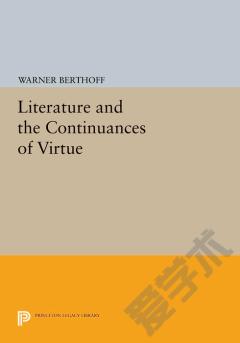

 京公网安备 11010802027623号
京公网安备 11010802027623号